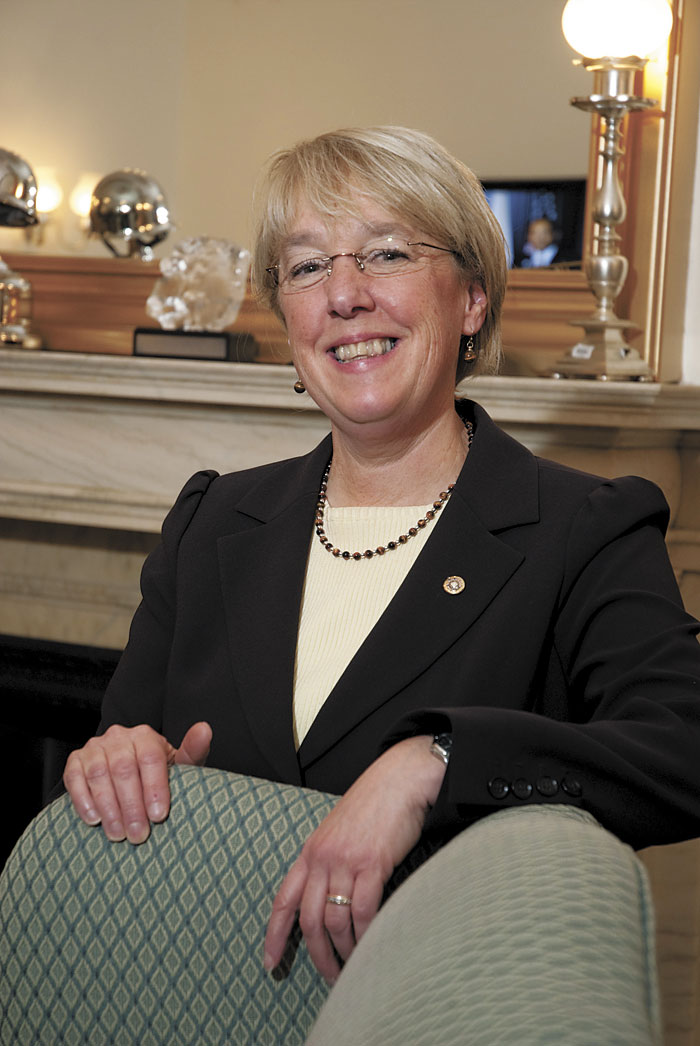The state auditor’s office recently released its annual list of who’s who in waste and negligence. Called the statewide accountability report, it catalogs all the audits during the fiscal year ending June 30, 2007. Eleven agencies and schools were named, compared with 15 in FY 2006. Offenders include the Department of Fish and Wildlife, the University of Washington, the Washington State Lottery Commission, the Department of Services for the Blind, and the Department of Early Learning.
Fish and Wildlife, which paid more than $24 million to vendors through contracts in 2007, got busted for buying $12,121 worth of antibiotics and fencing for Chinook salmon, thus bypassing the proper financial controls. The department also broke state law by entering into contracts for gravel, a generator, and a boat motor without competitively bidding for the goods.
State auditors also found that the University of Washington may indeed have a cash-handling policy, but employees don’t know about it. And money has likely been wasted because accounts aren’t monitored, checks aren’t deposited in a timely manner, and multiple cashiers work out of the same drawers.
Both the Departments of Early Learning and Services for the Blind got flagged for failing to conduct adequate background checks on personnel. The Department of Early Learning licenses child-care providers, of which there are about 9,000 in Washington, paid approximately $256 million by the state each year. They’re all required by law to have a criminal background check. A random sampling found at least 10 who had not. Similarly, auditors found that seven of 19 employees and contractors of the Department of Services for the Blind had not had their criminal records checked.
There were some repeat offenders, like the Washington State Historical Society, which runs the State Capitol Museum in Olympia. It got a slap on the wrist again for failing to abide by basic accounting practices, like keeping track of how much it collected in admission fees. (The museum brought in close to $300,000 last year.) Of course, there are a number of agencies and higher-learning institutions that are clean—58 to be exact, including big departments like Agriculture and Transportation, the latter of which was tagged in 2006 for, among other things, not ensuring gas purchased was used only by the department.





